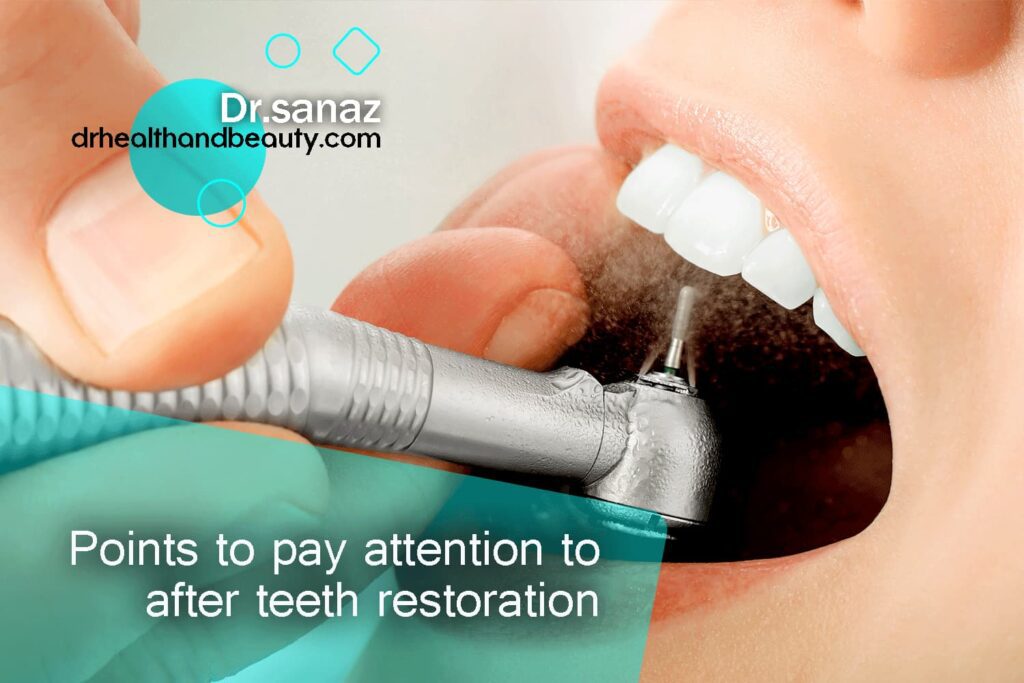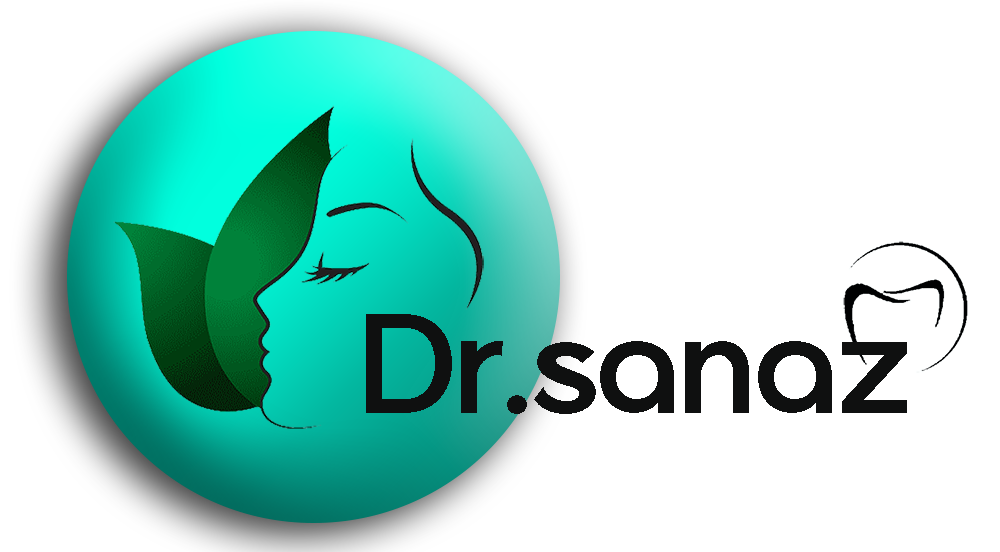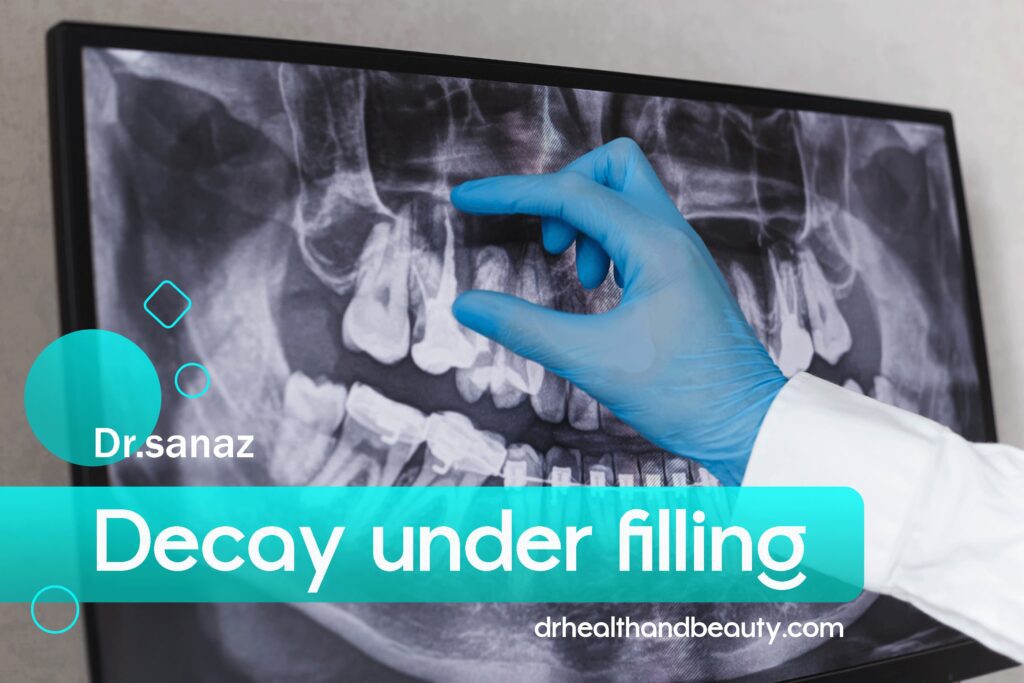
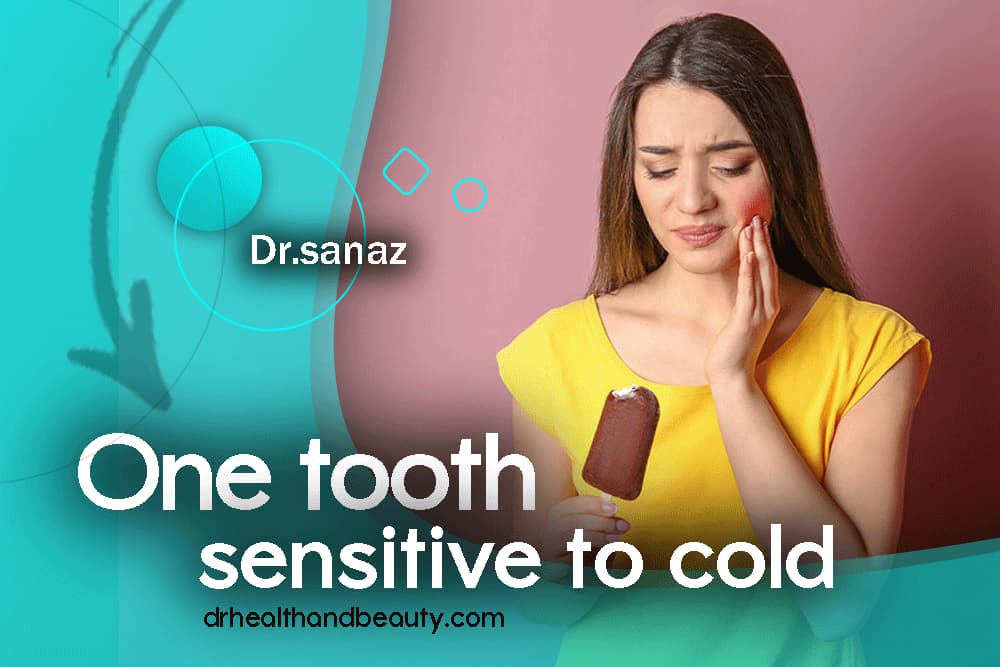
One tooth sensitive to cold ( comprehensive guide to causes )
Table of Contents
One tooth sensitive to cold can be an underlying dental health issue that could have various causes, and you should not ignore it.
Feeling pain when one of your teeth is exposed to cold temperatures can be a frustrating and uncomfortable experience.
Temperature sensitivity in all cases results from nerve stimulation in the dental pulp.
If there is a reason for the tooth pulp to become inflamed, for example, the tooth is perforated due to decay or cracking, temperature sensitivity will become a permanent problem.
Related: ‘Treatment Of Tooth Infection Swelling“
Both tooth decay and cracking cause pulp inflammation and make the nerve sensitive.
However, sometimes the nerve becomes inflamed for no reason and causes tooth sensitivity.
This condition is called extreme sensitivity of the tooth, and it is the result of the loss of tooth enamel and the identification of tooth dentin, which is located under the enamel.
Related: “Tooth And Ear Pain On The Same Side“
Cold sensitivity is the most common type of tooth sensitivity to temperature. Tooth sensitivity can be treated; The treatment method is chosen according to the cause of sensitivity.
In this article from the drhealthandbeauty, we have detailed the root causes of tooth sensitivity and explained how to diagnose it.

Tooth sensitivity reasons :
Improper brushing method
Brushing hard or using a hard toothbrush causes tooth wear and gum recession.
In this case, mechanical damage is caused to the teeth and gums due to repeated injuries; This damage is usually the result of using a hard toothbrush.
Instead of a hard toothbrush, use a soft or medium toothbrush, brush carefully, and apply gentle pressure.
Grinding the teeth hard has no benefit other than damaging them and does not help clean them. Abrasive toothpaste tubes, such as whitening kinds of toothpaste, exacerbate this problem. Hard brushing is usually one of the common causes of One tooth being sensitive to cold.
Additionally, as more enamel wears away and wears away, the tooth becomes darker and yellower. Enamel is the white part of the tooth; when it wears down, the yellow dentin is better seen under the enamel.
Some people see the yellowing of their teeth, and without knowing the reason, they brush harder and make the teeth yellower unintentionally. Antiallergic kinds of toothpaste have a particular composition that reduces tooth wear.
Brushing hard or using a hard toothbrush causes tooth wear and gum recession.
In this case, mechanical damage is caused to the teeth and gums due to repeated injuries; This damage is usually the result of using a hard toothbrush.
Instead of a hard toothbrush, use a soft or medium toothbrush, brush carefully, and apply gentle pressure. Grinding the teeth hard has no benefit other than damaging them and does not help clean them.
Abrasive toothpaste tubes, such as whitening kinds of toothpaste, exacerbate this problem.
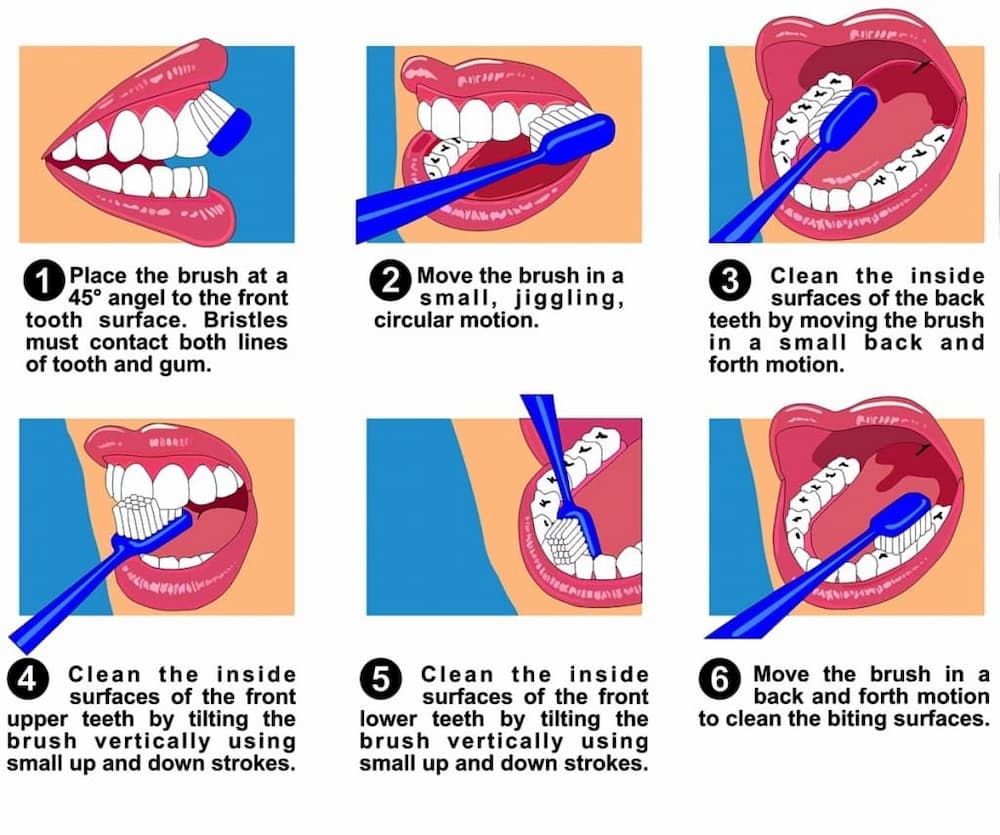
acid
Acid corrosion is a chemical reaction that dissolves tooth enamel. The enamel at the gum line is thinner than in other places, so it wears entirely at this point first, and as a result, the dentin underneath is revealed.
Then the worn area becomes more comprehensive due to contact with the acid, and eventually, a tiny dent or hole is created in the tooth.
Acid corrosion can affect all surfaces of teeth; Sometimes, the occlusal surface, or the same surface of the tooth with which we chew food, is perforated due to contact with acid.
Acids can be edible and enter the oral environment from acidic foods and drinks such as fruit juice, carbonated drinks, and citrus fruits.
Abrasion and corrosion with acid can result from stomach discomfort, which is common among patients with gastroesophageal reflux or heartburn.
Asthma patients who inappropriately use the spray may also suffer this type of dental damage.
Related: “How To Treat COPD Symptoms? Are You Struggling To Breathe?“

Teeth grinding and teeth grinding.
Grinding the teeth and pressing the teeth together causes wear of the tooth enamel.
Grinding the teeth or bruxism causes the teeth to rub at the place of contact with each other; This type of wear is called attrition.
The teeth do not come into contact with each other during normal speaking and chewing, but only for a short time, But the teeth rub against each other when grinding.
Grinding teeth sometimes occurs during the day, for example, when enduring stress or concentration; Sometimes teeth grinding occurs during the night and while sleeping.
Bending of the teeth under pressure causes the tooth collar to break; This type of wear is called abstraction. Teeth grinding is usually an unconscious habit.
Related: “Tooth Pain, No Cavities, Treatment, And Remedies”
Teeth whitening ( Being beautiful requires patience )
Teeth whitening can also cause teeth sensitivity, so the best thing is to have your teeth bleached by a dentist so that the dentist can assess the risk of tooth sensitivity.
Other causes of tooth sensitivity include cracked teeth, tooth decay, and broken or spilled tooth restorative material. For this reason, you should report the symptoms carefully to the dentist.
Related: “How To Laminate Teeth And How Long Does It Work?“
Earthquake in the teeth ( cracks )
Does tooth sensitivity to cold mean a cavity?
Small cracks are formed over time as a result of the expansion and contraction of teeth in hot and cold temperatures.
These cracks cause the nerves to come into contact with cold materials, resulting in the tooth becoming sensitive to cold.
Therefore, we understand that cavities or cracks can be one of the causes of tooth sensitivity.
Look closely at your teeth for fine lines, which can be signs of microscopic cracks.
Related: ‘Bad Breath Like Rotten Eggs ( Causes And Remedies )“
Declining gums
Constant sensitivity of the teeth to cold or heat is an excellent reason to visit the dentist.
Carefully examine your gum line to see if your gums have receded from your teeth or if you have Swollen Gums.
The decay of gums makes it easier for a feeling of heat and cold to be transmitted to the nerves of teeth.
Related: “Gingivitis Treatment And Symptoms / With Or Without Gum Pain“
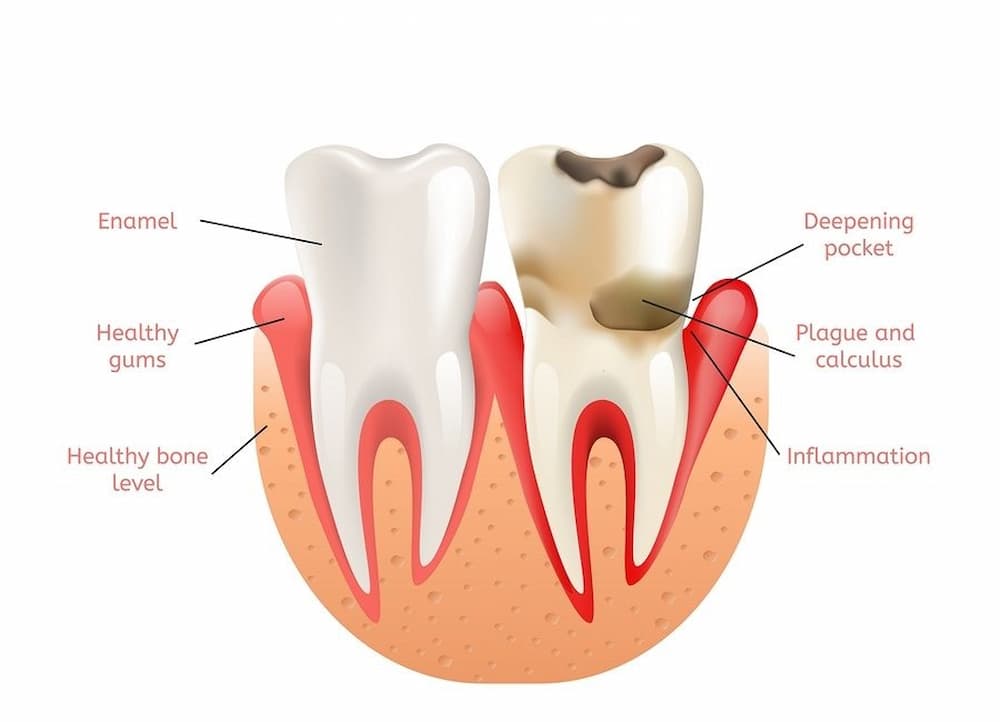
Tooth decay or gum disease
If your cold-sensitive tooth also hurts when you eat or drink a cold substance, you may be in the first stages of tooth decay or gum disease.
Accumulating plaque on the teeth and gums causes tooth sensitivity to colds, ultimately promoting gum disease and tooth decay. 80% of tooth sensitivity starts from the gum line.
Related: “Preventing Pregnancy Tooth Decay“
Therefore, to eliminate the leading cause of tooth sensitivity, it is necessary to use the right toothpaste for the gums.
Related: “How To Fix Rotten Teeth Without Going To The Dentist?“

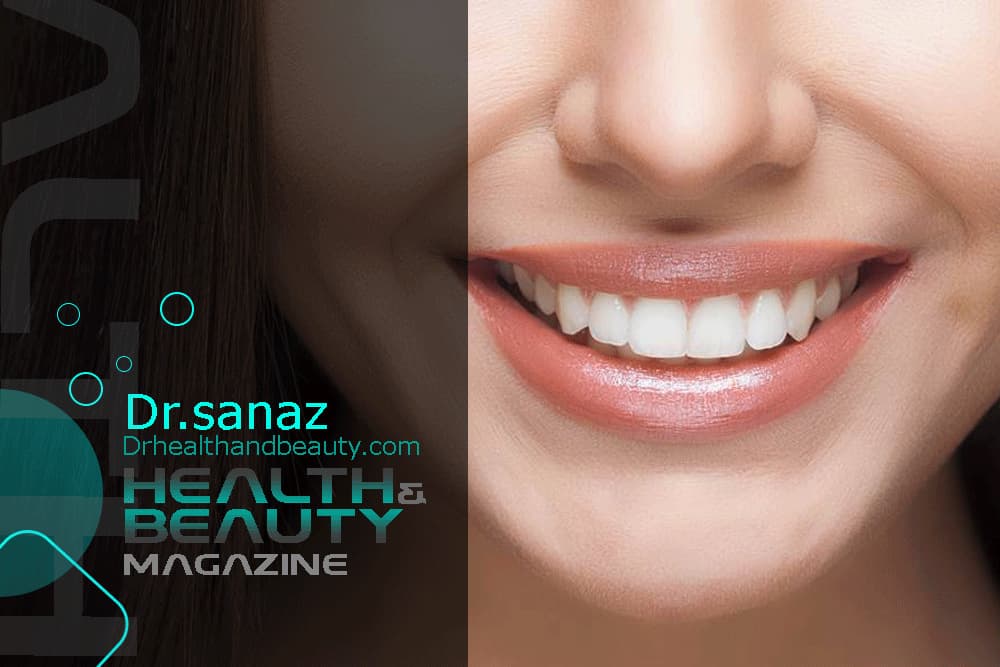
Loss of covering over the nerve
The nerve is usually not in contact with foreign substances. However, if the sensitivity, especially the sensitivity to cold, is severe, you feel that the nerve is in contact with the cold substance without any protection.
In addition to sensitivity to cold and heat, there is a possibility of sensitivity to touch, brushing, sweets, salty foods, and even air. For example, breathing on a cold day causes toothache even without Root Canal Swelling.
Related: “Top 10 Root Causes Of Dental Pain“
Most patients who are worried about the sensitivity of their teeth to cold avoid eating ice cream or cold drinks and wash their teeth with lukewarm water instead of cold water after brushing.
Conclusion
Tooth sensitivity to cold can be caused by several factors that are discussed in detail in this article.
Now it’s time to ask the question, “What to do with tooth sensitivity?“
Identifying the root cause of this problem helps to effectively and timely treat this dental problem.
Therefore, visiting a dentist as soon as possible is recommended to avoid possible risks by quickly finding the cause.
Share in :
Explore more

